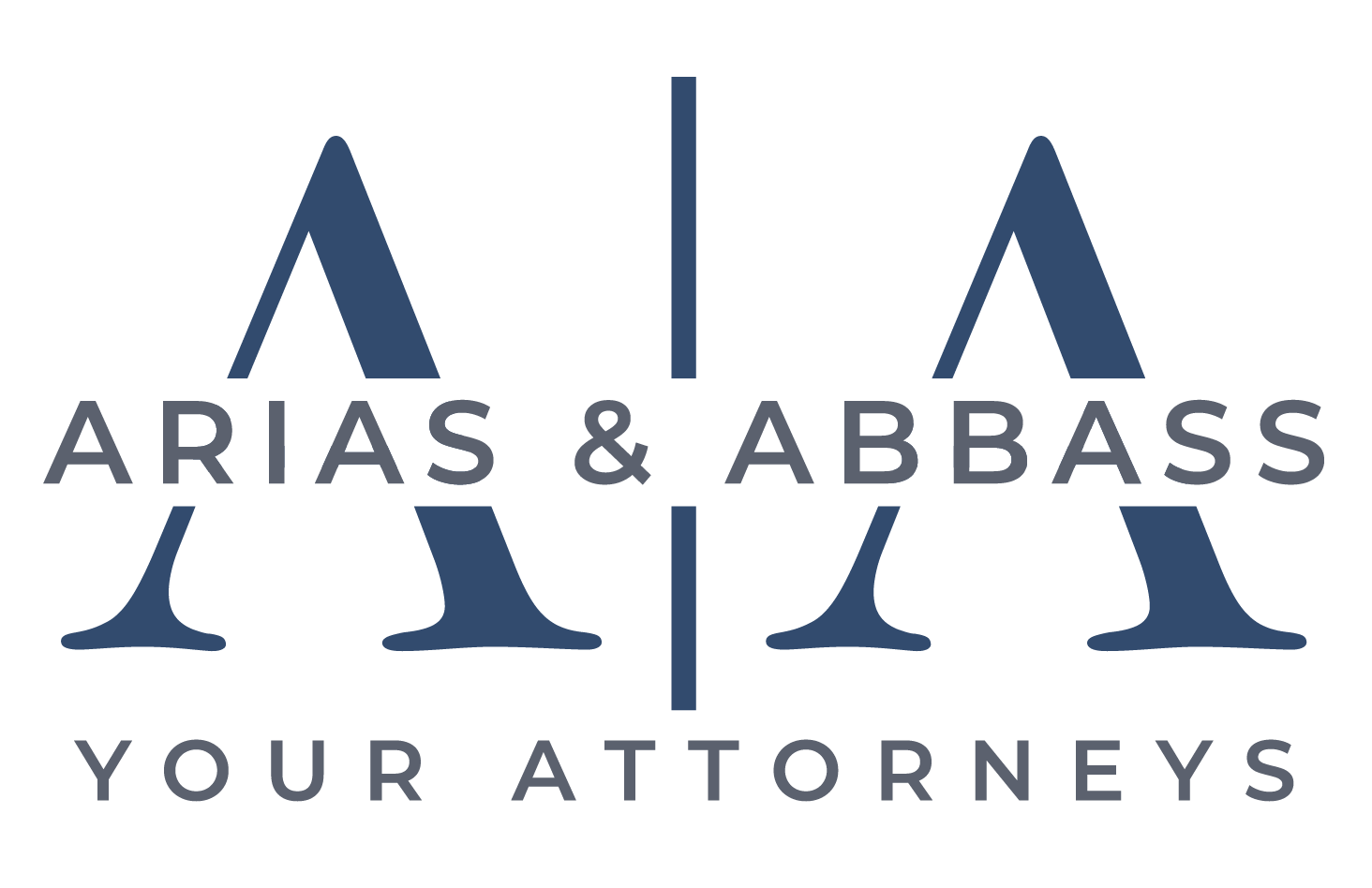Property insurance exists to provide financial relief after a loss. While this should give you peace of mind, remember that your responsibilities don’t end once you file an insurance claim.
The average insurance policy puts several obligations on the property owner, and failing to comply with these can result in a claim delay or denial.
If you have questions about your insured property, contact Arias & Abbass Your Attorneys. Our lawyers are happy to review your policy and help you fulfill your duties after a loss.
What Are Post-Loss Duties?
Post-loss duties are a set of responsibilities that insurance policyholders must fulfill when making insurance claims. Complying with post-loss duties is more than just a formality. These duties are part of the policy, so you have a contractual obligation to complete them.
Insurance companies want to spend as little as possible. They often see if a policyholder adhered to these duties when evaluating a claim. If the property owner doesn’t comply, the insurer has a legal basis to deny the claim and save money.
Three Common Duties of Insured Property Owners
Insurance policies in Florida vary dramatically. They contain provisions specific to the insured property and the type of coverage. That said, most policyholders have these three duties.
Duty to Provide Prompt Notice
This is one of the most important insurance duties after loss. Under nearly any policy, you must inform the insurance company of any loss as soon as possible. Doing so allows your insurer to assess the situation, begin the claims process, and take necessary actions to mitigate further damage.
Policies often set specific timelines for the insured to notify the insurance company. Keep in mind that these timelines often require knowledge of the loss. You might be able to file a claim after this deadline if you don’t immediately know about the loss.
Duty to Mitigate Damages
Under this duty, you must take immediate and reasonable steps to minimize further harm or loss to the property. These actions include temporary repairs, boarding broken windows, and turning off water to stop leaks.
Mitigating damages is about reducing the cost of repairs and replacements. Your insurer wants to see that you acted in good faith to attempt to limit the damage.
For example, imagine you have roof damage that creates a leak. For weeks, you don’t attempt to stop the leak or move your personal items so they don’t get wet. Your insurer might cover roof repairs and any immediate water damage. However, it might not cover any further damage because you didn’t take steps to mitigate it.
Duty to Permit a Property Inspection
When filing a claim, you must allow the insurance company or their representatives to inspect the insured property. The insurer needs this thorough inspection to evaluate and document the harm.
You must participate in this process, even if you disagree with how the insurer inspects the property or what value it assigns to your claim. Otherwise, the insurer can deny your claim and give you nothing.
Also, keep in mind that you can perform a second inspection if you disagree with the insurer. An attorney can help you find an independent adjuster to evaluate the loss and challenge the insurance company’s estimate.
Our Firm Is Here for All Your Insurance Questions
Arias & Abbass Your Attorneys understands the legal complications that come with insurance. Before starting our firm, our attorneys used to represent insurance companies throughout Florida. We saw many policyholders denied claims because they didn’t fulfill their duties after a loss. Don’t let this happen to you. Call our office to discuss any concerns about your insured property.


